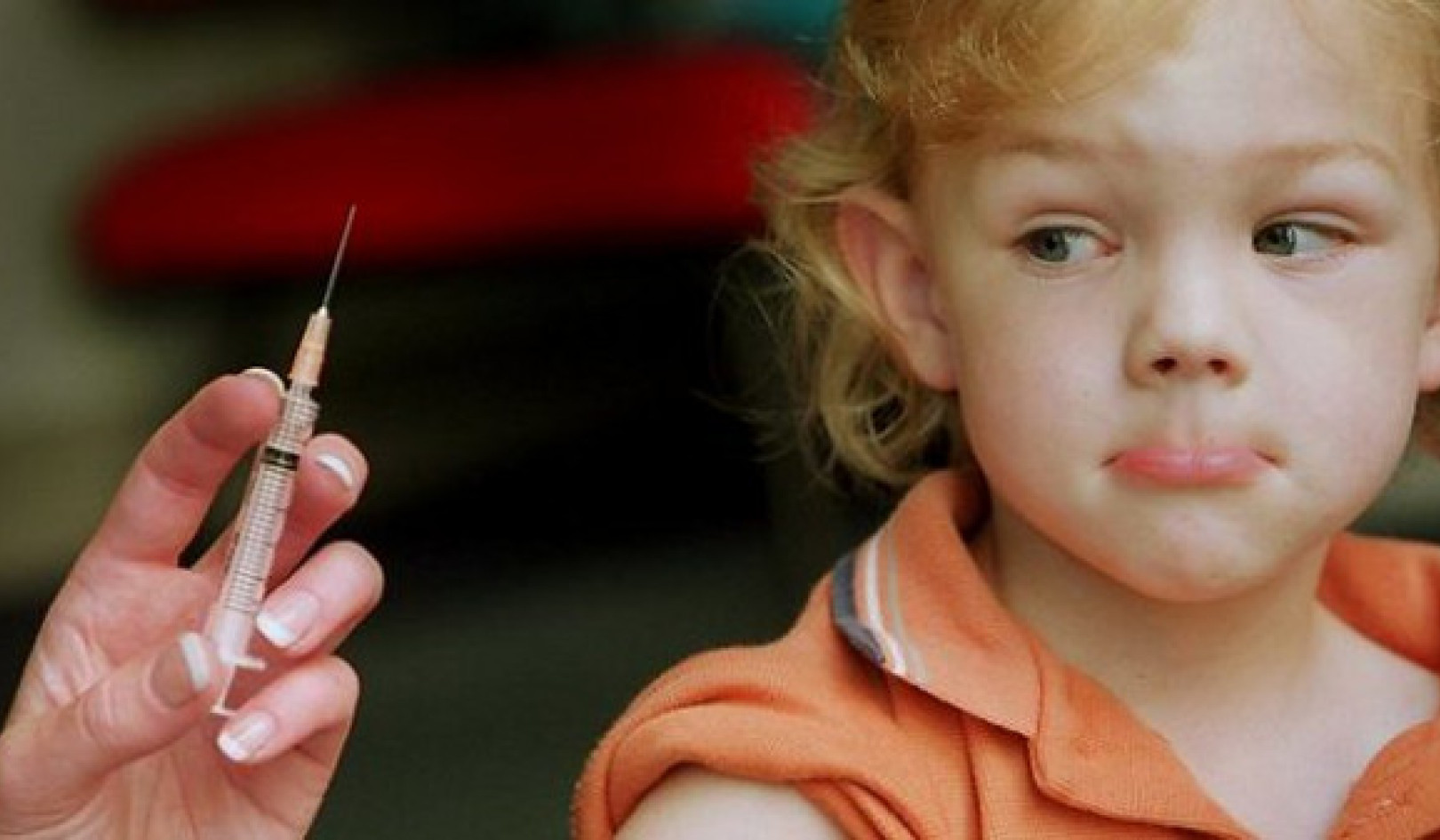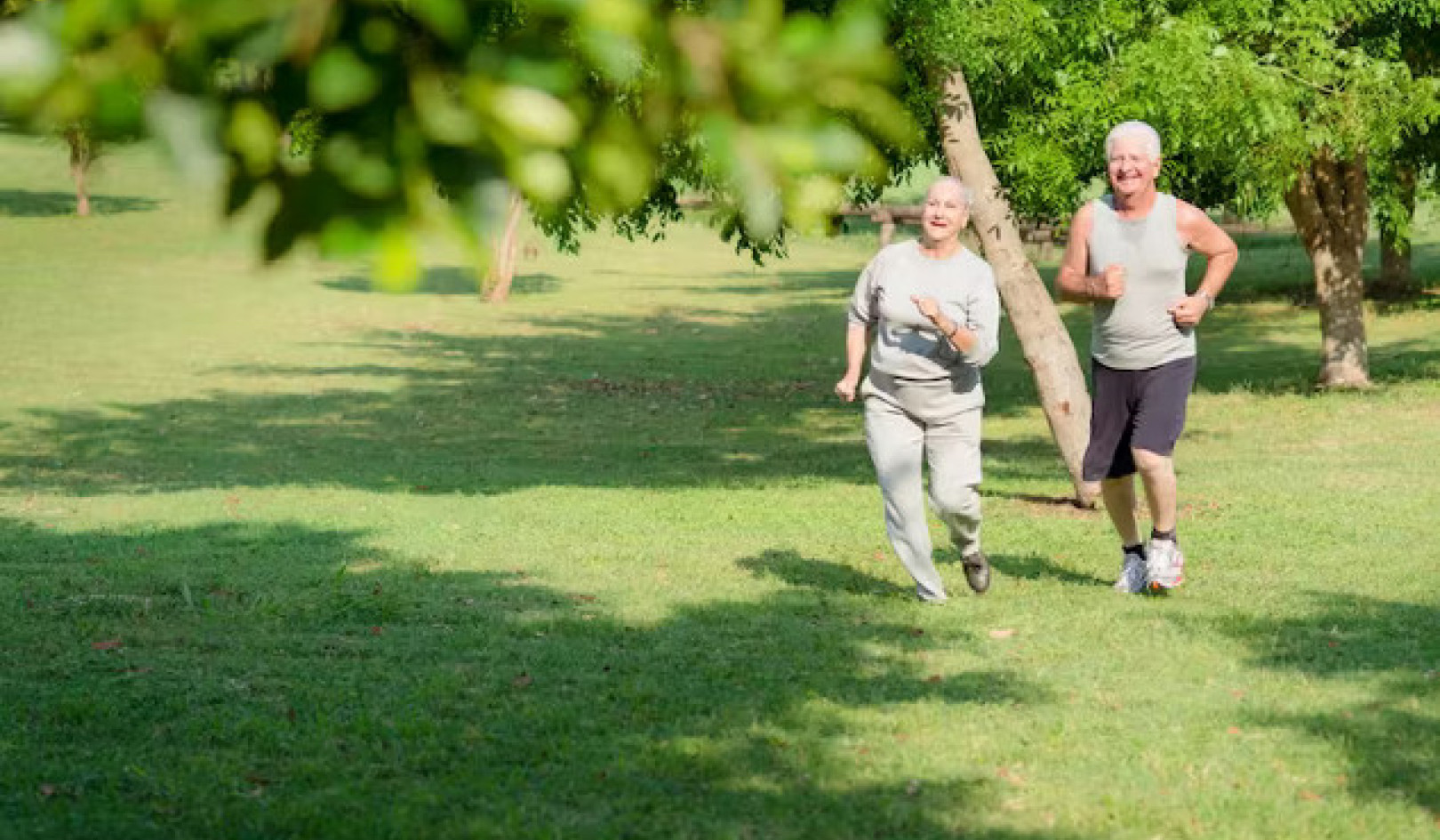There is great enthusiasm for using “big data” to enable better biomedical research across the globe. But big data isn’t just about collating lots of old and new records. Including ongoing real-time data from patients can be part of a brave new world in health research.
Data from new technologies such as sensor devices worn in clothing and accessories – even socks – and patient-generated information from electronic health records equipped with patient portals can allow patients to become active participants – sharing their stories and experiences of disease and its treatment, symptoms, side effects and clinical outcomes as they happen.
Studies could be conducted on the effectiveness of therapies taking place in the “real world” – not only from results found in the lab – and include datasets with patient-generated data. This can be immediate, actionable and provide clinical information to improve the patient’s immediate care. When aggregated with other data such as the rest of the electronic health record or administrative data, this new super data would provide fuller pictures of patients’ health experiences. This could be used to improve the quality of healthcare and to support research built around the patient.
Patient-generated health data tells us a story about real people’s needs and life issues beyond how they fit into a healthcare system. It also reflects how changes in an individual’s health and healthcare lead to meaningful changes in daily life, whether that is experienced at home, at work, or elsewhere.
This will provide the evidence to compare medical treatments to understand which ones lead to the best “real world” outcomes for patients, including survival and quality of life, that has the potential to enhance the health of both individual patients and whole populations. Currently, the costs and complexity of traditional clinical trials leads to important but unanswered clinical questions. Trials, for example, often leave out significant portions of the population like the elderly or those affected by multiple illnesses who will go on to be prescribed the drug or treatment.
Get The Latest By Email
But acquiring and aggregating data in new ways offer an alternative to randomised controlled trials, seen as the gold standard of medical studies, to better understand the effectiveness of treatments in larger, more heterogeneous populations.
Electronic health records provide great amounts of information from a more diverse population than the limited group of study participants typically included in randomised clinical trials. Adding patient-generated information fills out the personal picture. When informed by patient reports of quality of life, symptoms, needs, and satisfaction, the evidence has greater meaning because it also focuses on the outcomes that matter most to patients and their families.
Wearable monitoring devices that track such outcomes as heart rate, blood pressure and blood sugar levels are increasingly available, for example. And data from this kind of patient self-monitoring is valuable to improving quality and studying how effective different devices and treatments are. This is a critical part of the patient-centred big data story of the future.
This is already being incorporated into studies funded in the US by the Patient-Centred Outcomes Research Institute and National Institutes of Health Collaboratory programme, among others. But it can happen anywhere in the world. By engaging with patients to collect data that focuses on their health-related experiences and feeding this into the bigger pot will lead to improved care, not only for individual patients but for society as a whole.
This article originally appeared on The Conversation
About The Author
 Amy Abernethy is Professor of Medicine and Director of the Centre for Learning Healthcare at Duke University. Dr. Abernethy directs the Center for Learning Healthcare (CLHC) in the Duke Clinical Research Institute. She also directs the Duke Cancer Care Research Program (DCCRP), a part of the CLHC that connects to the Duke Cancer Institute. As Director of the CLHC, Dr. Abernethy spearheads the organization to develop and test practical solutions to facilitate learning health care delivery systems and evidence-based patient-centered care. The program brings together several existing programs at Duke and provides a platform for many new specialized cores, creating an innovation hub for investigators and academic entrepreneurs.
Amy Abernethy is Professor of Medicine and Director of the Centre for Learning Healthcare at Duke University. Dr. Abernethy directs the Center for Learning Healthcare (CLHC) in the Duke Clinical Research Institute. She also directs the Duke Cancer Care Research Program (DCCRP), a part of the CLHC that connects to the Duke Cancer Institute. As Director of the CLHC, Dr. Abernethy spearheads the organization to develop and test practical solutions to facilitate learning health care delivery systems and evidence-based patient-centered care. The program brings together several existing programs at Duke and provides a platform for many new specialized cores, creating an innovation hub for investigators and academic entrepreneurs.


















